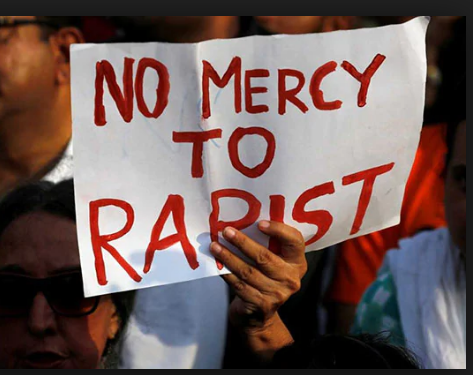Death Penalty provisions for Sexual offences against Children 11/07/2019 – Posted in: Press Information Bureau
Death Penalty provisions for Sexual Offences against Children
(Cabinet)
WHAT
The Union Cabinet has approved the Amendments in the Protection of Children from Sexual Offences (POCSO) Act, 2012.
- It will make punishment more stringent for committing sexual crimes against children including the death penalty.
- The amendments also provide for levy of fines and imprisonment to curb child pornography.
- The amendment is proposed to be carried out in Section 2, 4, 5, 6, 9, 14, 15, 34, 42 and 45.
IMPACT
- The amendment is expected to discourage the trend of child sexual abuse.
- It intends to protect the interest of vulnerable children in times of distress and ensures their safety and dignity.
- It is aimed to establish clarity regarding the aspects of child abuse and punishment thereof.
BACKGROUND
- The POCSO Act, 2012 was enacted to Protect the Children from Offences of Sexual Assault, Sexual harassment and pornography.
- The Act defines a child as any person below eighteen years of age.
- It ensures the healthy physical, emotional, intellectual and social development of the child.
- The act is gender neutral.
- People who traffick children for sexual purposes are also punishable under the provisions relating to abetment in the said Act.
- The Act provides for Special Courts that conduct the trial in-camera and without revealing the identity of the child.
- The Act stipulates that a case of child sexual abuse must be disposed of within one year from the date the offence is reported.
FUNDAMENTAL PRINCIPLES
The fundamental principles to be followed in the determination of a case involving a sexual offence against a child have been laid down in the Preamble to the POCSO Act, 2012.
These principles are:
- Right to life and survival
- The best interests of the child
- The right to be treated with dignity and compassion
- The right to be protected from discrimination
- The right to special preventive measures
- The right to be informed
- The right to be heard and to express views and concerns
- The right to effective assistance
- The right to privacy
- The right to be protected from hardship during the justice process
- The right to safety
- The right to compensation
Source: PIB
You can follow us on LinkedIn and on Instagram (Diligent IAS) for more updates related to IAS Preparation/ Study Material, Subscribe to our Facebook Page and Youtube Channel- Diligent IAS
Also, read more PIB Updates

